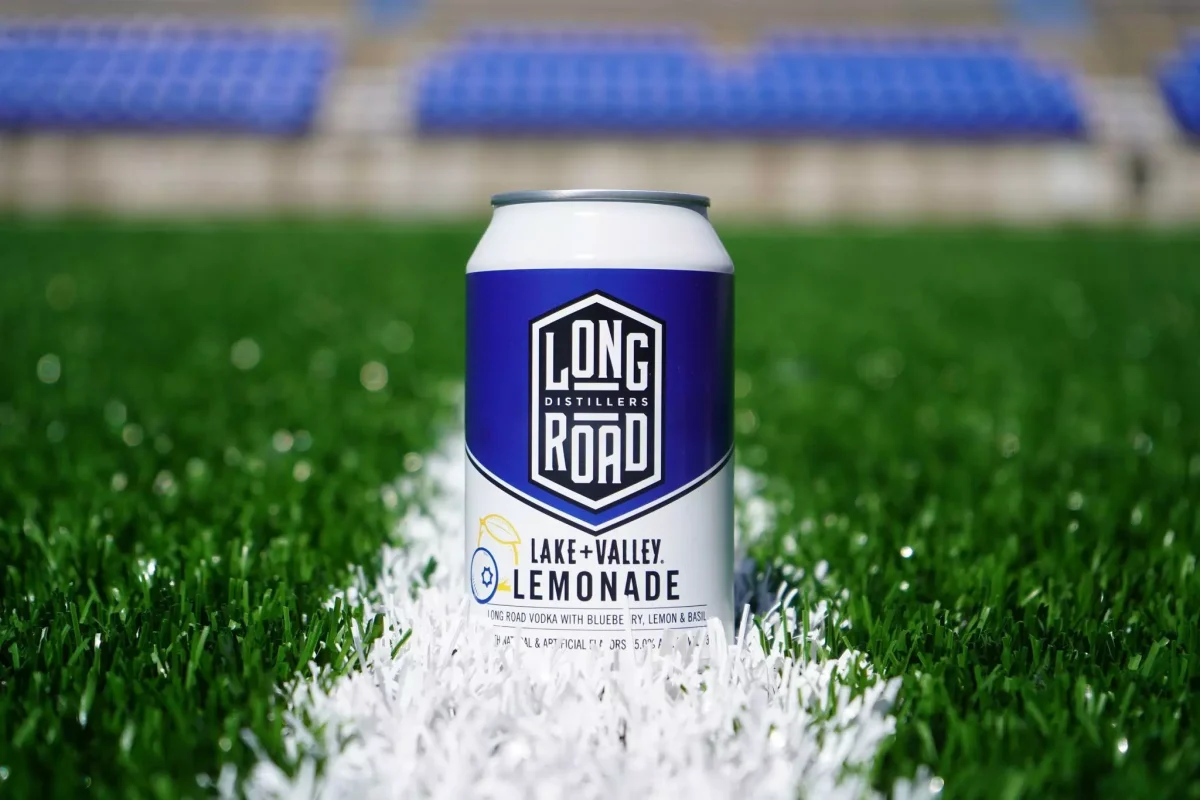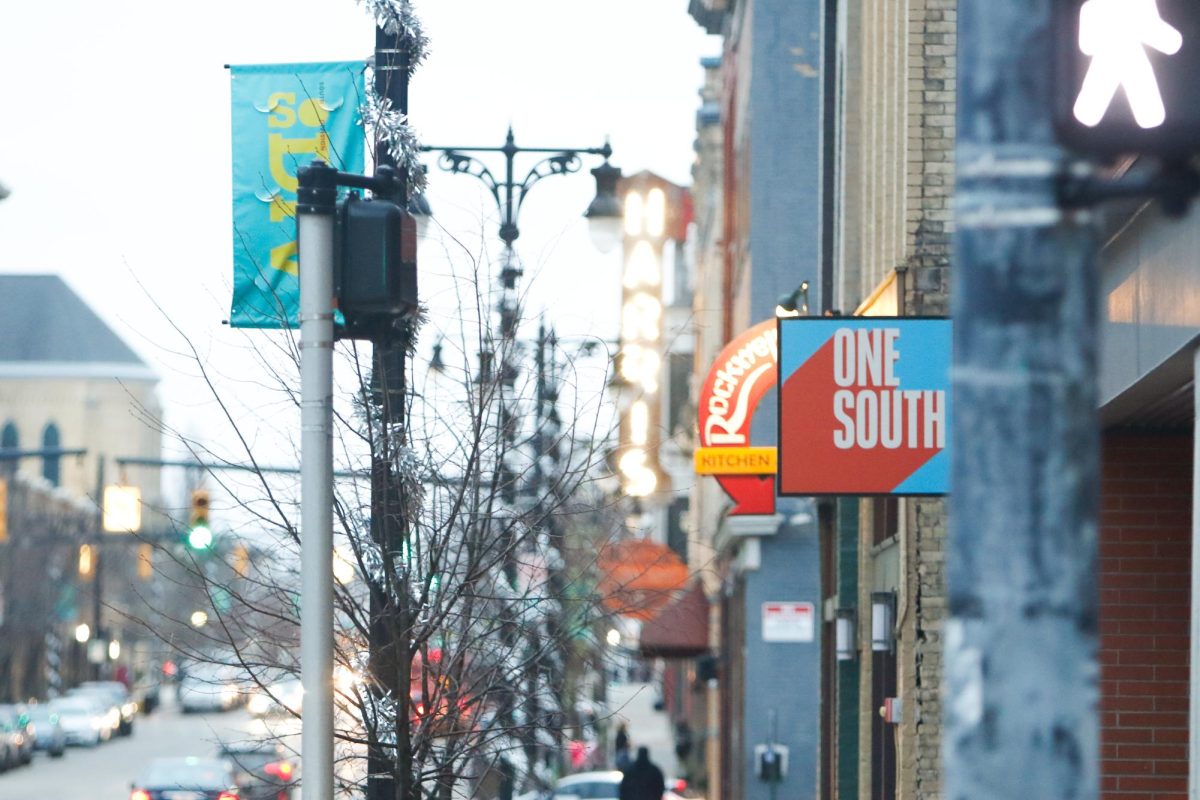When someone hears “vegetable oil,” they typically don’t think of a dangerous food additive. Brominated vegetable oil (BVO), has been considered unsafe to consume since the sixties yet remained in products and on shelves until now.
On Nov. 2, the United States Food and Drug Administration announced they are going to ban BVOs, which could impact many popular food products in America.
BVO is a vegetable oil modified with bromine, which prevents fruit and citrus flavoring from floating to the top of beverages. It is most commonly found in soda and sports drinks but is used in some foods as well. BVO has been outlawed in many countries around the world but has been legal in the U.S. since the 1920s. In 1970, the FDA concluded that BVO was not Generally Recognized as Safe (GRAS) due to concerns regarding heightened toxicity levels.
One FDA study showed rats developed damaged thyroids when given doses of BVO. A similar study conducted with pigs in 1976 showed damage to the heart, liver and kidneys.
Some feel this ban may feel rushed despite the years worth of discussion, but for others, it has been long awaited. In a post on X, the platform formerly Twitter, the Center for Science in the Public Interest said, “We’re pleased to see the FDA catching up!”
The FDA previously did not have sufficient evidence to justify a ban on BVOs, leading them to experiment again back in 2016. Due to the recent data collected, the FDA is finally able to give proper cause to repeal BVO’s safety approval. From 2016-2023, the FDA developed better ways of detecting and measuring BVO while conducting experiments to test for its health effects. Through both human and animal trials, they concluded that BVO was unsafe, leading them to announce its ban within the next few years.
“Some of these changes proposed by the FDA take time, especially to revoke a food additive, so I am pleased to see we are taking the next steps accordingly,” said Alyssa Koopman, Grand Valley State University’s Registered Dietitian.
Many brands that currently use BVOs plan replace the ingredient with alternatives. Some feel the ban may suggest that BVO is extremely common, but it’s actually pretty sparse. According to Food Safety News, “few beverages in the U.S. contain BVO” today. However, the ban will simply force these few remaining products to remove BVO and replace it with a substitute. It is essential to ensure moving forward that these new alternatives do not pose the same health risks as its predecessor.
“A few of the common alternatives include sucrose acetate isobutyrate and glycerol ester of wood rosin. These alternatives have both short and long-term studies completed with little to no evidence of risk to human health and safety,” Koopman said.
California has become the first state in the U.S. to ban BVO, which will come into effect starting in 2027, and the FDA is hoping to make the ban nationwide.
“I believe we can use this as a reminder to continue to focus on our overall dietary pattern, looking at our individual food and beverage habits around quantities, proportions and variety,” Koopman said.
The ban on BVOs may put a spotlight on the long history of toxic food additives in the U.S. and could encourage healthier alternatives for future products in the American diet.















